Aquatic Ecology and Evolution Research Group (AEE) integrates multi-disciplinary approaches to study different levels of organization of aquatic biodiversity: from the genome to organism level, populations, communities and ecosystems.
AEE group aims to unravel the patterns and processes driving diversity in aquatic systems and to understand the potential threats that anthropogenic stressors pose to biodiversity. Our previous investigations resulted in important contributions to the understanding of historical and contemporary evolutionary forces that govern genetic variation in nature, applying diverse molecular markers to multiple biological models, in particular, freshwater bivalves, fish and marine crustaceans. Our team also produced important ecological and conservation biology outputs, including status assessments, guidelines and research syntheses on aquatic species and habitats across the world. AEE works towards increasing public awareness and participation on biodiversity and conservation research, including participatory approaches like community-based conservation of marine resources.
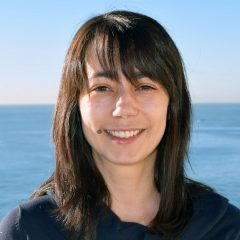
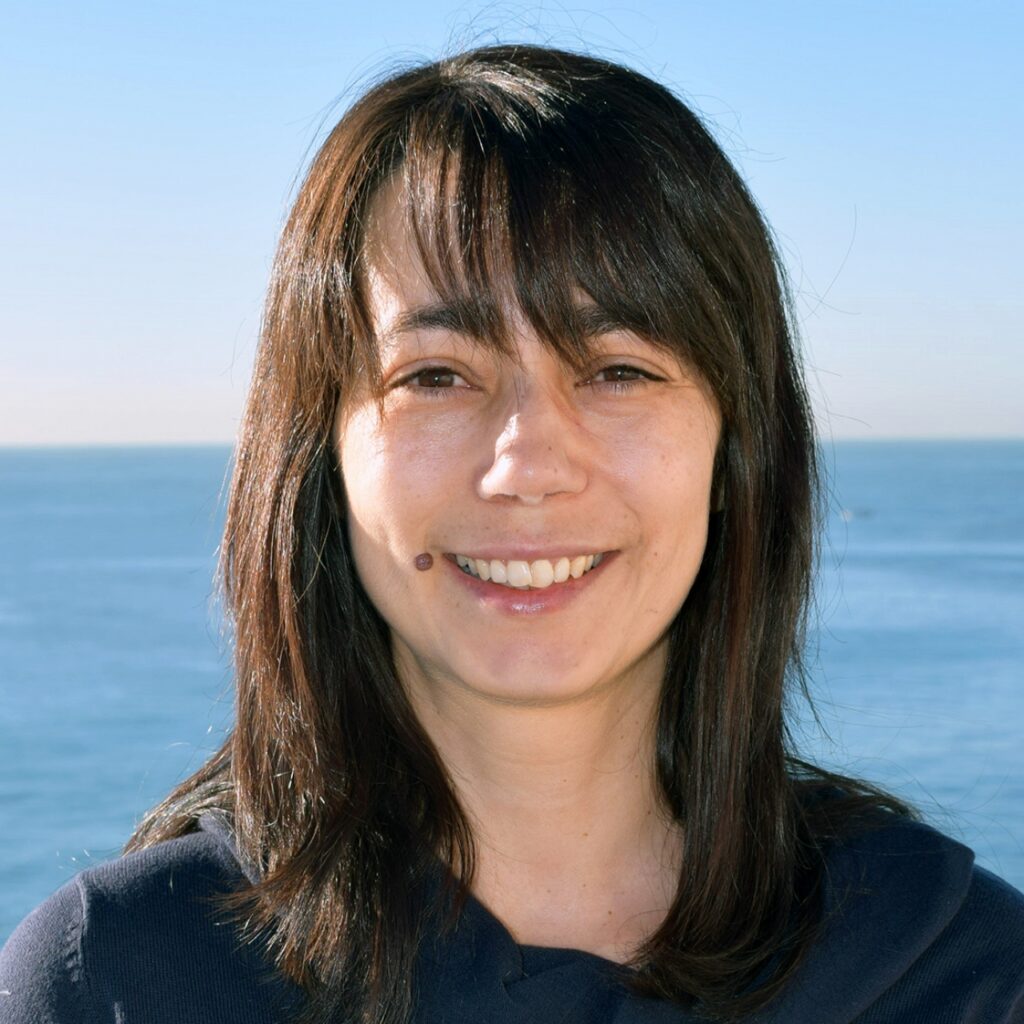
Elsa Froufe, a Principal Investigator at CIIMAR, holds a Biology degree from Aveiro University (1997) and a PhD from the University of Porto (2006). With a strong background in genetics and evolutionary biology, Elsa’s work focuses on understanding aquatic biodiversity patterns and ecosystem complexities. Passionate about fostering scientific collaboration, she actively collaborates with a vast network of researchers as she is particularly interested in the application of integrative cross-discipline approaches to study different levels of aquatic biodiversity organization. In the last years she has been focused on the impact of climate changes in the aquatic biodiversity.
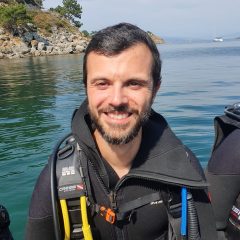
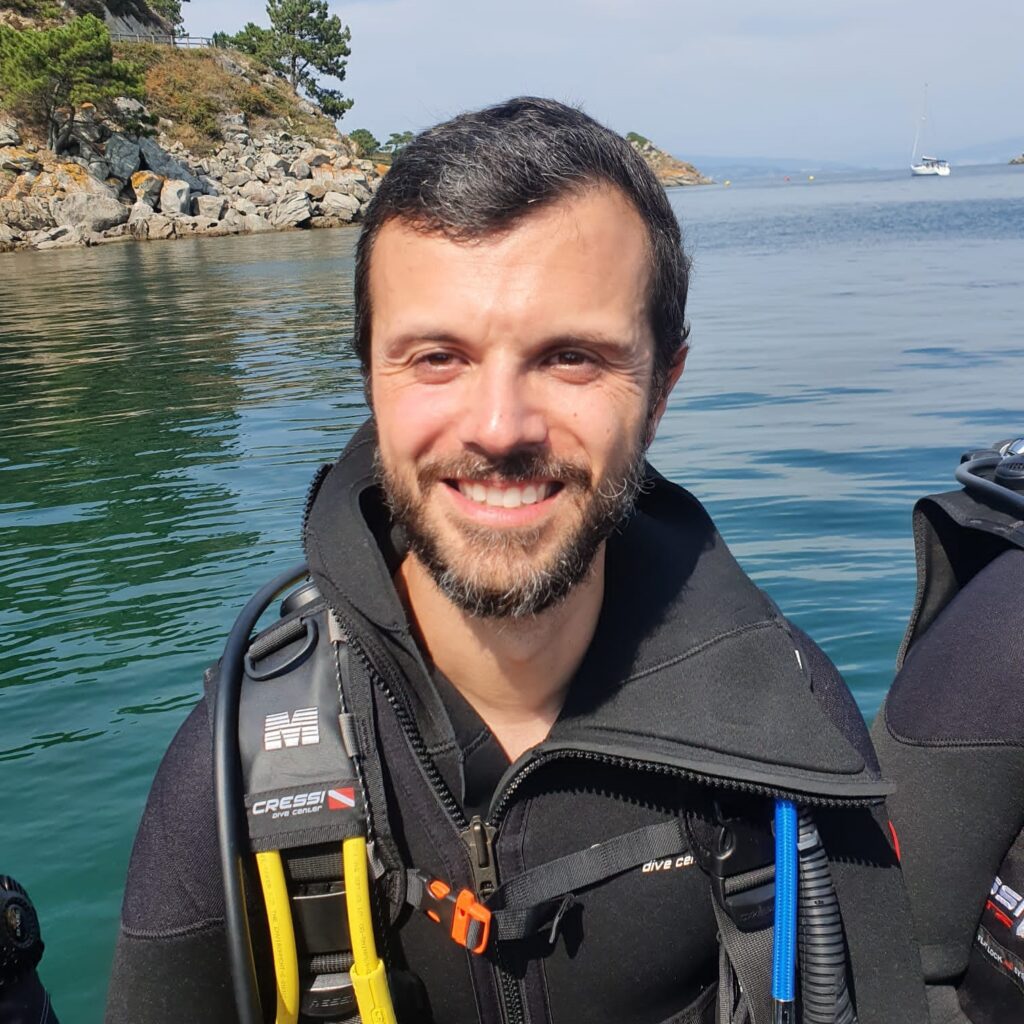
David Barros-García completed his PhD in Biology (2019) at the University of Vigo (Spain). His research interests are focused on phylogeography, evolution, integrative taxonomy and adaptation to the environment of deep-sea fishes. He obtained an Individual Call to Scientific Employment Stimulus as junior researcher from Fundação para a Ciência e a Tecnologia with a proposal based on genomics research of deep-sea teleosts to develop at the CIIMAR.
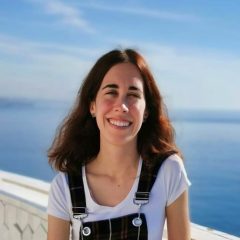
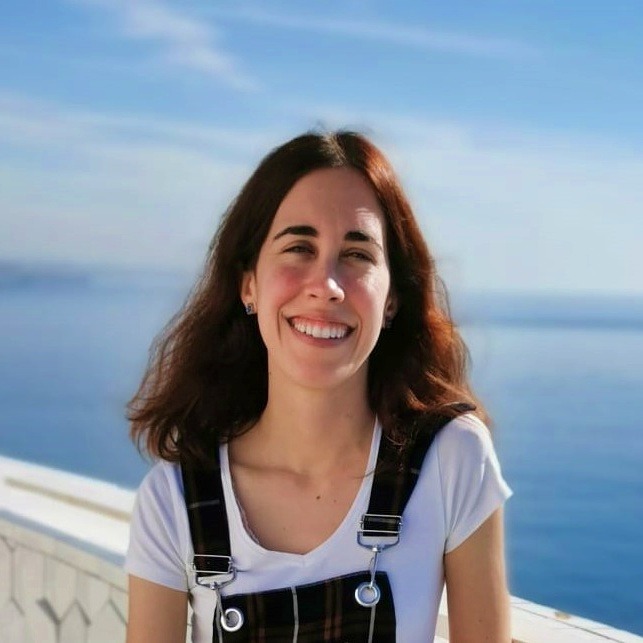
Ana Matos holds a degree in Biology, a master’s in Cellular and Molecular Biology, and a PhD in Biology from FCUP. Throughout her career, she has participated in various projects related to aquatic biology. These include studying predator-prey interactions and developing molecular markers for the rapid and effective detection of potentially toxic cyanobacteria in freshwater systems. Additionally, she has investigated the microbiome of ascidians and its bioactive potential using genomic, proteomic, and microbial approaches. She was part of the EdgeOmics project, which aimed to study the adaptation of freshwater bivalves to the effects of climate change, and she is currently involved in the MoRePorto project, focused on monitoring and restoring the wetlands in the city of Porto.

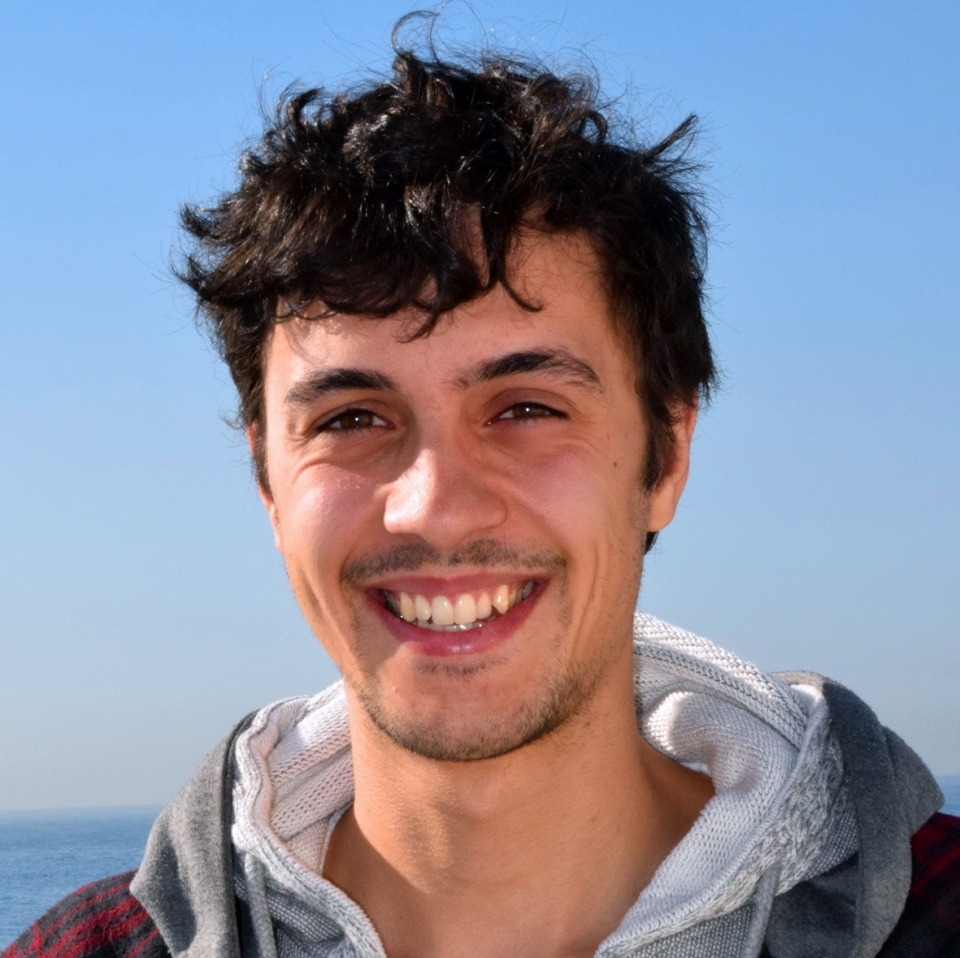
André Gomes-dos-Santos graduated in Applied Biology in 2015 (Minho University), where he also obtained a Master’s degree in Ecology (2017). He concluded his PhD in Biology in 2023 (Porto University), during which he specialized in bioinformatics focused on whole genome assembly, phylogenomics, population genomics, and big data management. He has over 30 ISI-indexed publications in peer-review journals with nearly 100 different co-authors from 25 countries. His focus of research is the application of genomic sequencing outputs, implemented through computational biology, to understand the evolutionary dynamics and adaptations of freshwater mussels and other aquatic organisms.
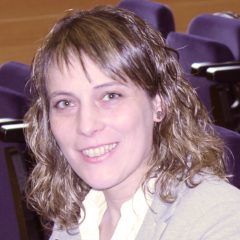
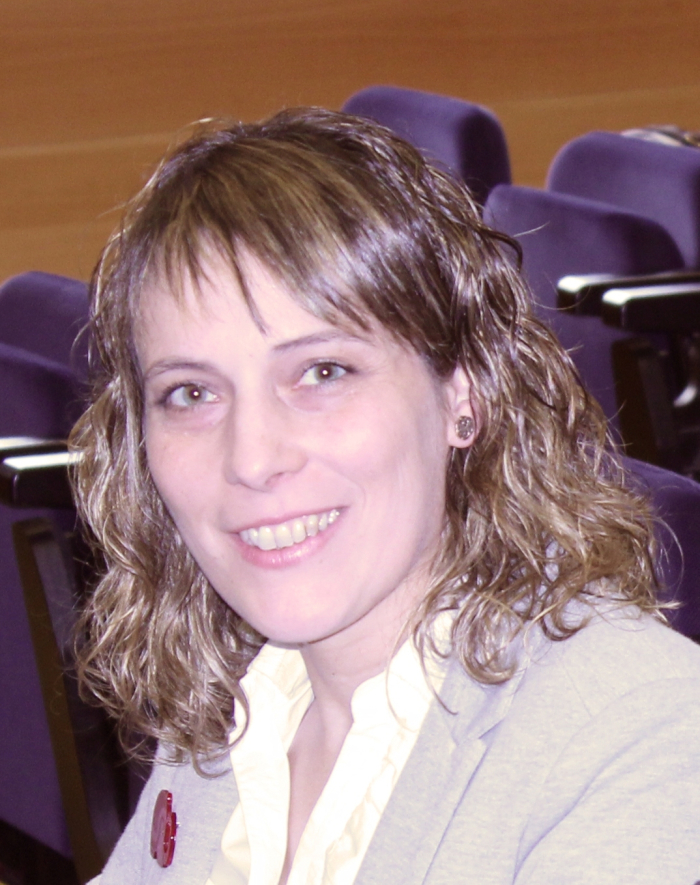
I graduated in Biology from the University of Vigo. During my PhD, I worked on the molecular diagnosis and epidemiology of important diseases of bivalve mollusks. Currently, I am a member of the Ecology and Marine Biodiversity group (ECOBIOMAR) at the Instituto de Investigaciones Marinas-CSIC (Spain) and I am doing a postdoctoral stay at CIIMAR. The main areas of my work are the ecology of marine parasites and the conservation and sustainable management of marine biodiversity.

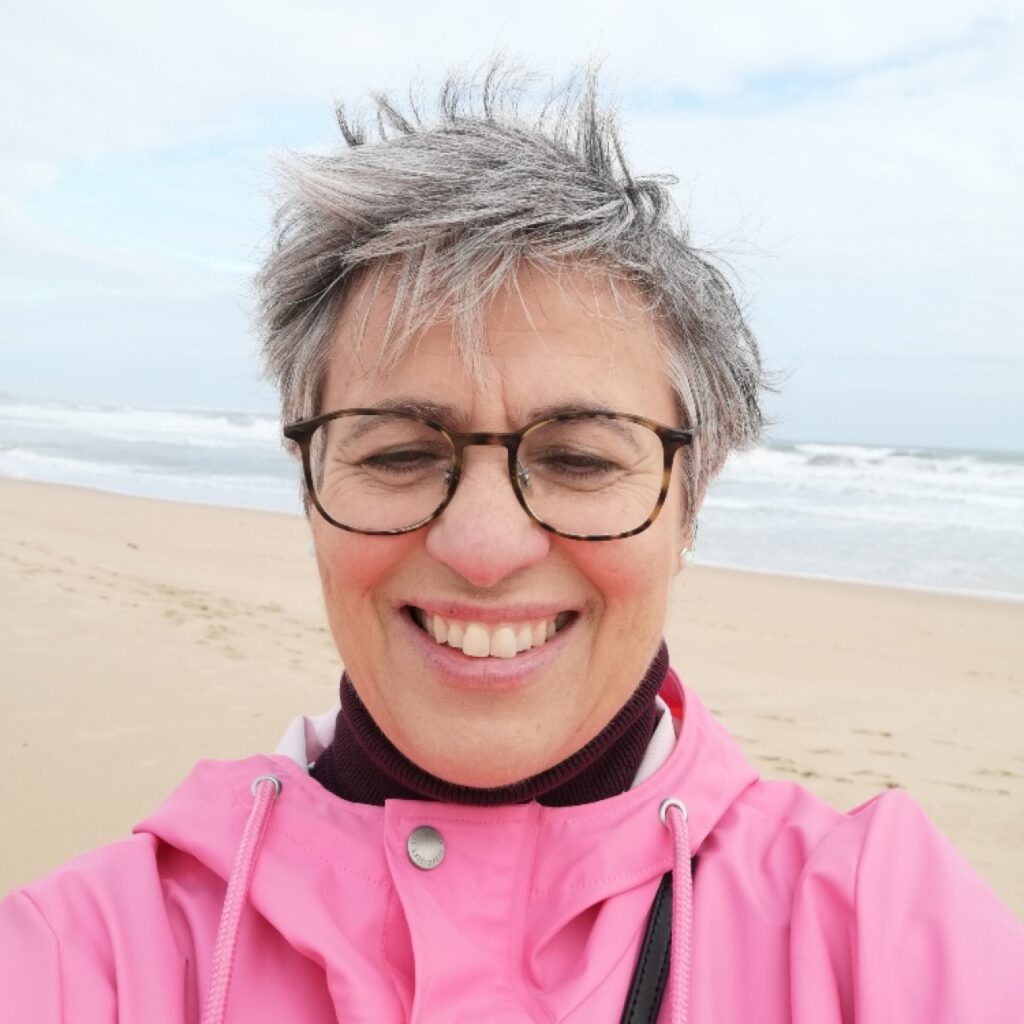
Antonina dos Santos has over 20 years of scientific work in taxonomy and ecology of marine invertebrates. She graduated in Marine Biology and Fisheries at the University of Algarve and had her PhD in Biology (Ecology and Biosystematics) at the University of Lisbon in 2000.
Her main area of work has been the study of decapod larvae, focusing her studies on taxonomy, larval dispersal and recruitment. Besides that she has also done some important work on the taxonomy of adults having already described four new species of shrimp to science (Bresilia saldanhai, Periclimenaeus aurae, Lysmata jundalini and Macrobrachium pantanalense). Recently she created GelAvista, a citizen science project to study jellyfish. She has been involved in many scientific projects subject to competitive tendering national and European multidisciplinary, 5 of which as coordinator. The results of her scientific activities are reflected in the publication of over 60 scientific articles published in international journals. She have also guided many students from graduates to masters theses, doctoral and post-doc from Portugal, Spain, Italy and Brazil among others. It has been chief scientist on more than 15 multidisciplinary oceanographic campaigns off the Portuguese coast. Also it is editor of the ICES Identification Leaflets for Plankton and academic editor of PeerJ.


David Barros-García completed his PhD in Biology (2019) at the University of Vigo (Spain). His research interests are focused on phylogeography, evolution, integrative taxonomy and adaptation to the environment of deep-sea fishes. He obtained an Individual Call to Scientific Employment Stimulus as junior researcher from Fundação para a Ciência e a Tecnologia with a proposal based on genomics research of deep-sea teleosts to develop at the CIIMAR.

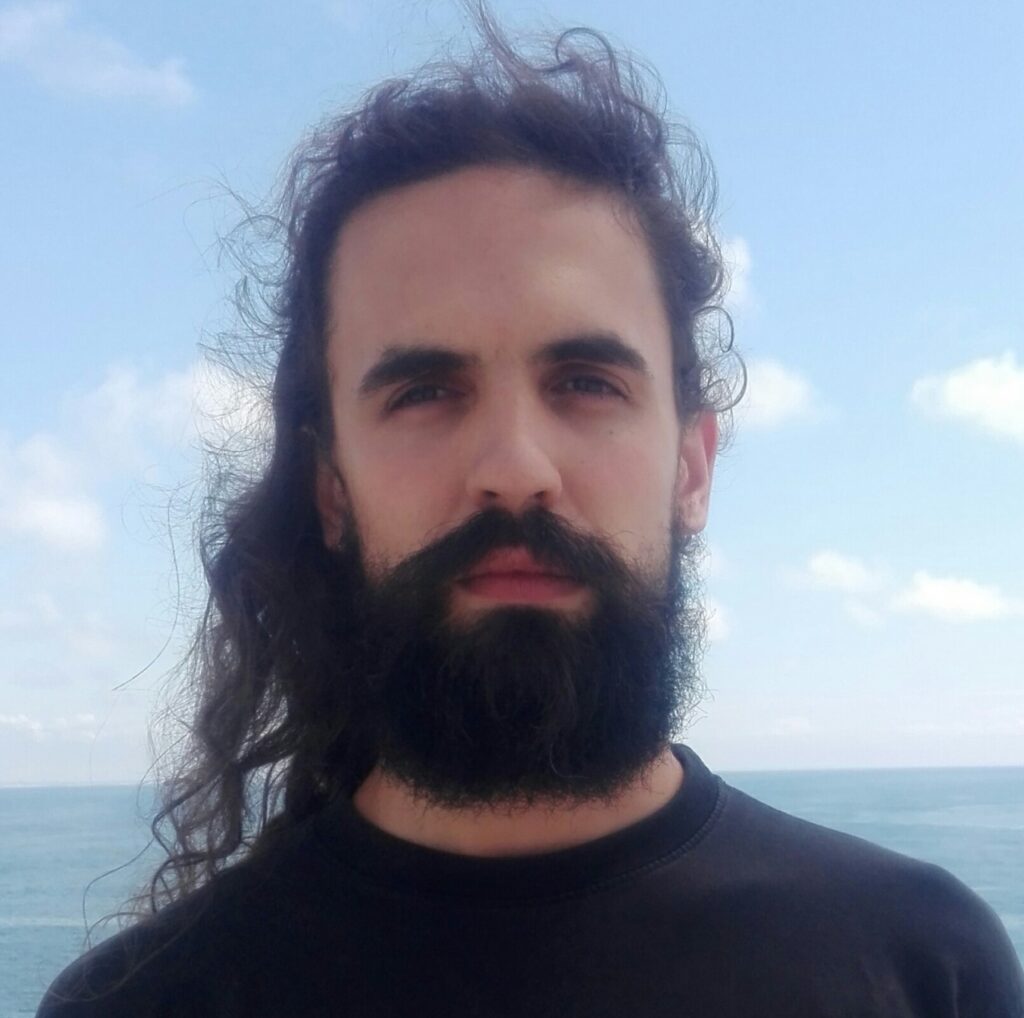
I’m interested in biogeography, evolutionary biology and conservation, and have worked with a variety of terrestrial and aquatic taxa. My academic theses have focused on analysing evolutionary and biogeographic patterns at different spatial and time scales using GIS, ecological niche-based models and genetics, mostly of terrestrial and semi-aquatic desert herpetofauna from West Africa. I also did some work with fish and freshwater mussels. Presently I am studying the distribution and evolution of freshwater biodiversity of North African semi-arid regions and how it contrasts with terrestrial patterns. I have accumulated hundreds of fieldwork days in expeditions to remote locations, mostly Africa, and strive for balance among exploration, conservation, learning and hypothesis-based scientific thinking.

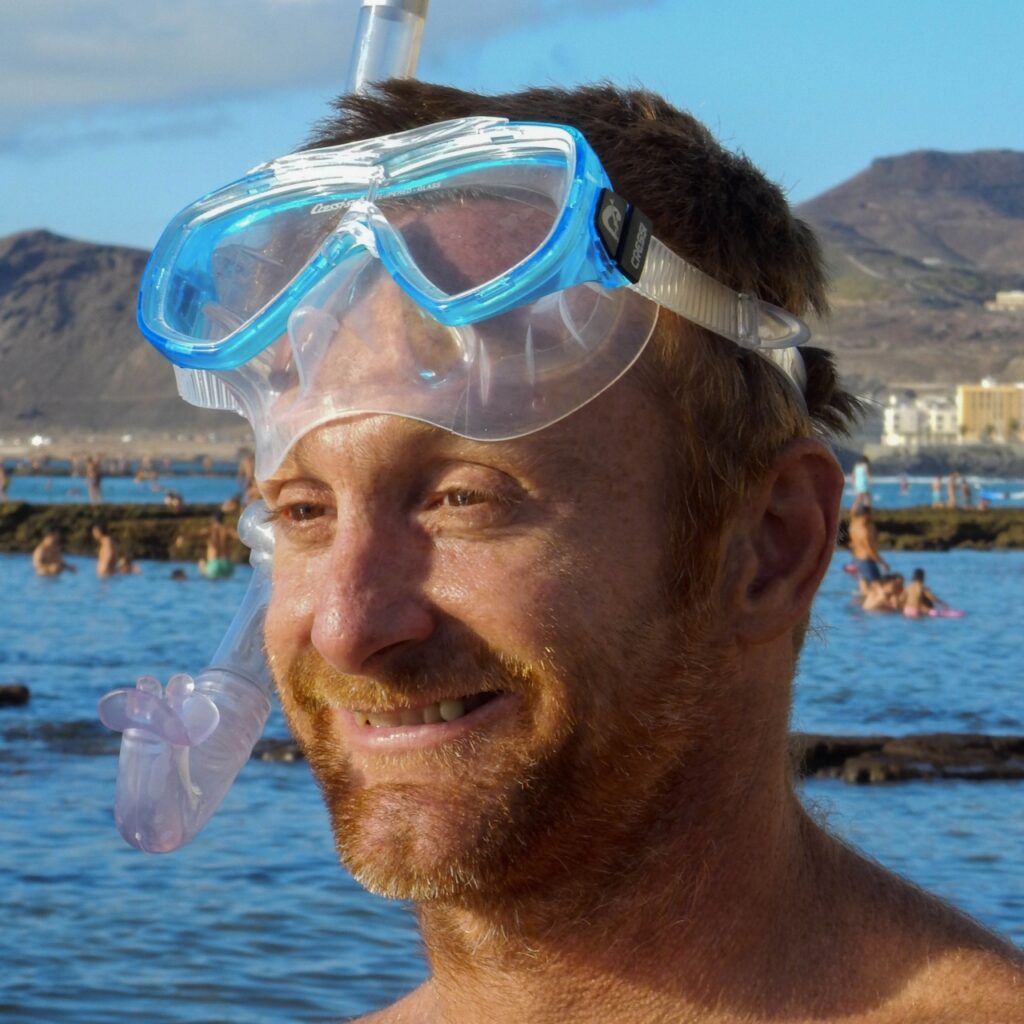
Fernando Tuya is Associate Professor (“Profesor Titular”) at the Universidad de Las Palmas de G.C., since February 2018, after a “Ramón y Cajal” (2010-2015) tenure-track position and two postdoctoral positions at the Centre for Marine Ecosystems Research, Edith Cowan University (Australia, 2006-2008) and CIIMAR, Universidade do Porto (Portugal, 2009-2010). In 2015, I was awarded the I3 certification by the MINECO, according to the merits obtained in the first 4 years of the “Ramón y Cajal” tenure-track position.
Motivation of research: the necessity of searching for models that aim to explain patterns in the organization of benthic marine assemblages through ecosystems across different scales of space, time and taxonomy. More specifically, my research focuses in ecological interactions in and around marine habitats to tease apart the often-complex interactions that cause patterns of species distributions in nature. This approach allows transferring basic ecological knowledge into the sustainable management of marine ecosystems.

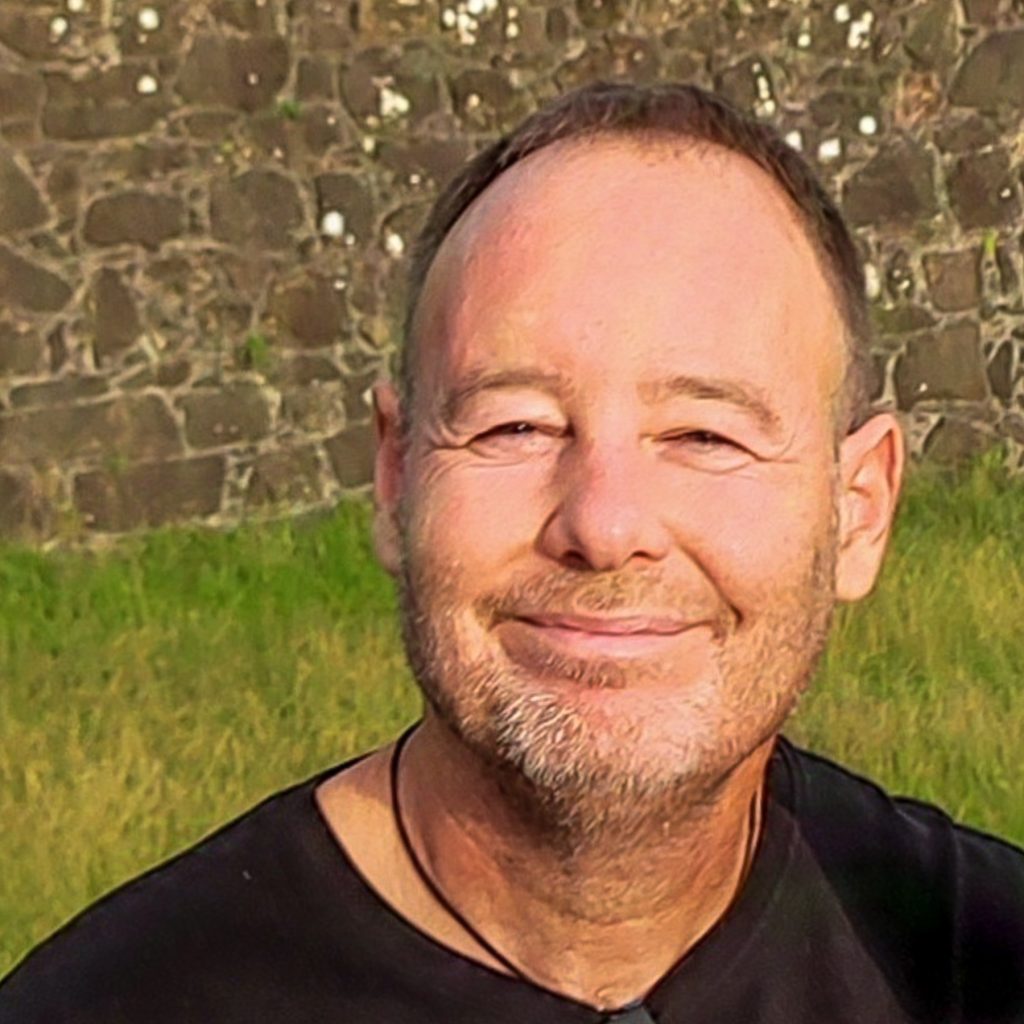
Francisco Baldó, graduated in Biology (University of Seville) and Marine Sciences (University of Cadiz) and holds a PhD in Marine Sciences (University of Cadiz), is a Senior Scientist at the Cadiz Oceanographic Centre of the Spanish Oceanographic Institute (IEO), CSIC. Currently, his main scientific motivation is to try to understand the biodiversity of marine ecosystems from an eco-evolutionary perspective and to contribute to their conservation, favoring the sustainable management of fishery resources from an ecosystem approach. Individual-based theoretical models of the Guadalquivir estuarine food web formed the basis of his doctoral thesis. He has worked extensively in the Gulf of Cadiz and the Gran Sol fishing ground, but also in the Cantabrian Sea, Newfoundland, Patagonia and Antarctica. Particularly interested in initiatives aimed at improving knowledge of the structure and functioning of marine ecosystems in the long term, he has developed and led research on the deep-sea ecosystems of the Porcupine Bank, in Irish waters, where since 2008 he has led an annual oceanographic research cruise, currently funded by the European Union through the PORCUDEM project, of which he is the PI.

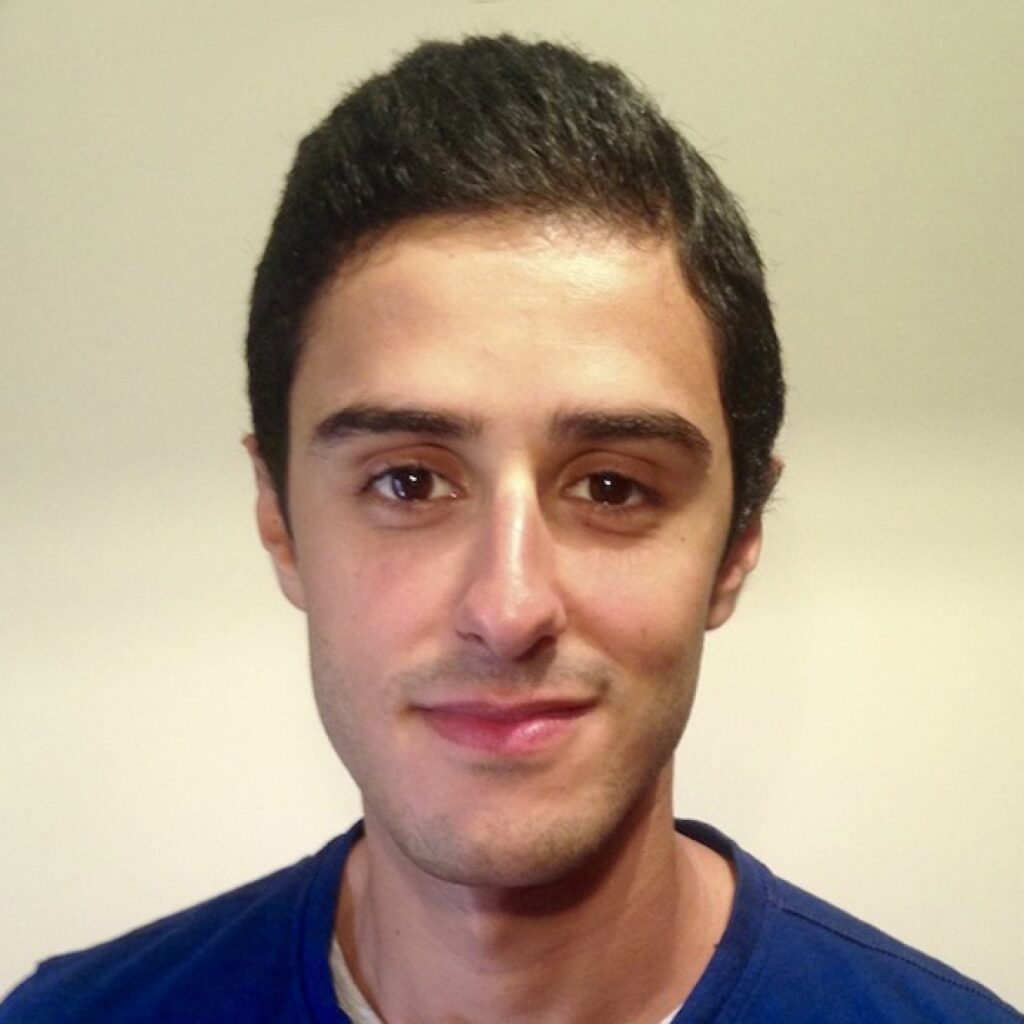
Research Assistant at IPMA. Performs research support activity in the scientific area of Information Systems and Technologies, within the scope of the EMODnet Biology project. Organization and formatting of biodiversity data sets for the its availability on the EMODnet data portal, using the formats Darwin Core, EurOBIS, OBIS & OBIS-ENV, WoRMS.

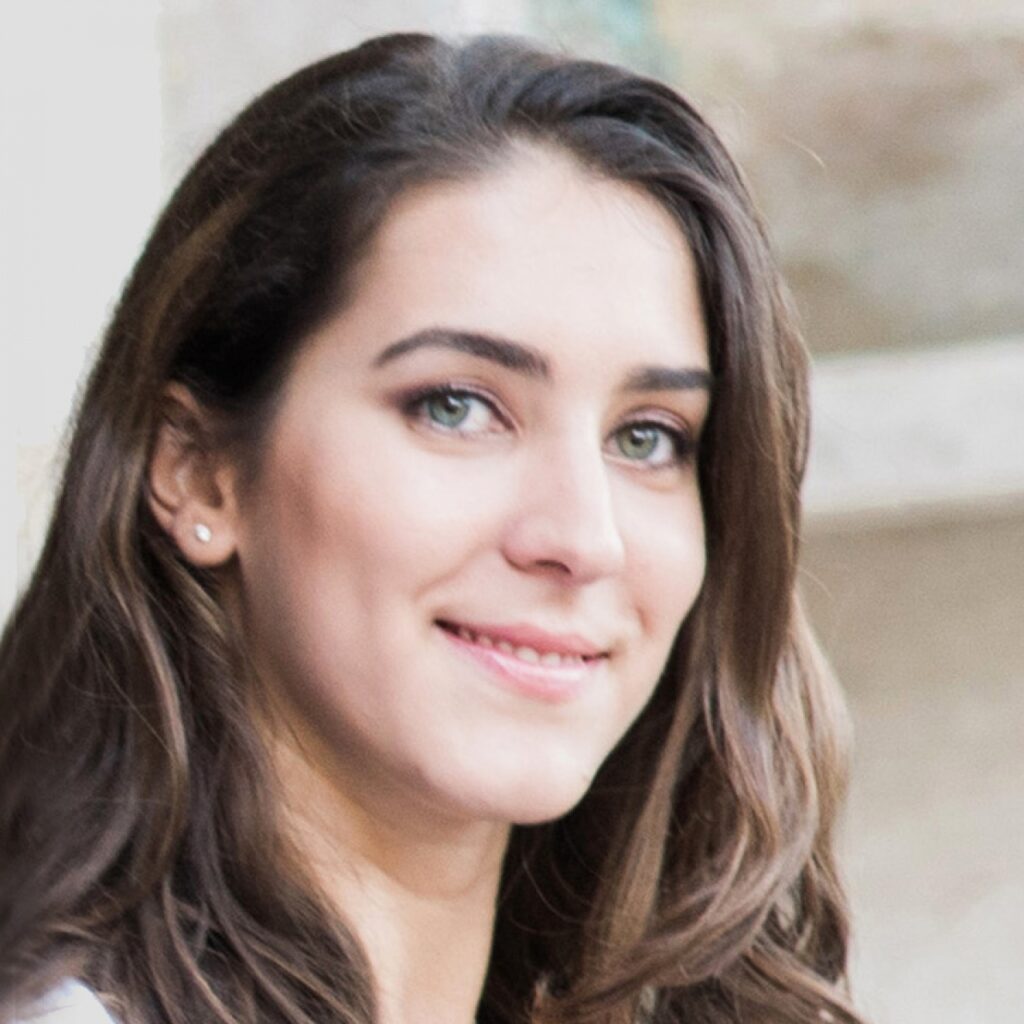
Lígia Faria de Sousa graduated in Biology in 2012 in the Sciences Faculty of Lisbon University (FCUL) and has a Master degree in Scientific Illustration achieved in 2015. She works in the description of the morphology of decapod crustacean larvae, and has been collaborating in the Portuguese citizen science program GelAvista since 2016.

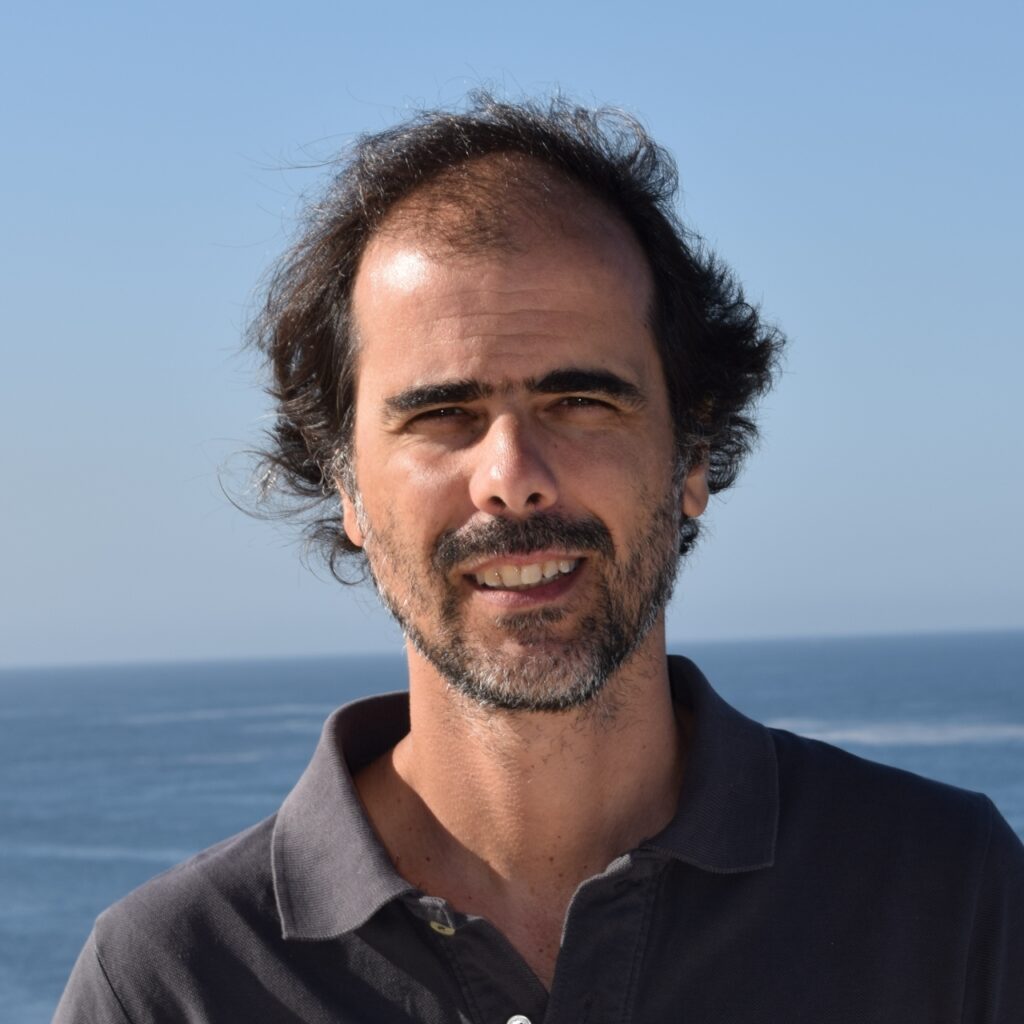
Manuel Lopes-Lima is currently the (IUCN/SSC) Coordinator of the Red List Authority on Freshwater Bivalves within the Mollusk Specialist Group. His research interests are related with the global conservation of freshwater mussels including phylogeny, genetic diversity and ecophysiology. He is also an active promoter of international research efforts around this faunistic group.

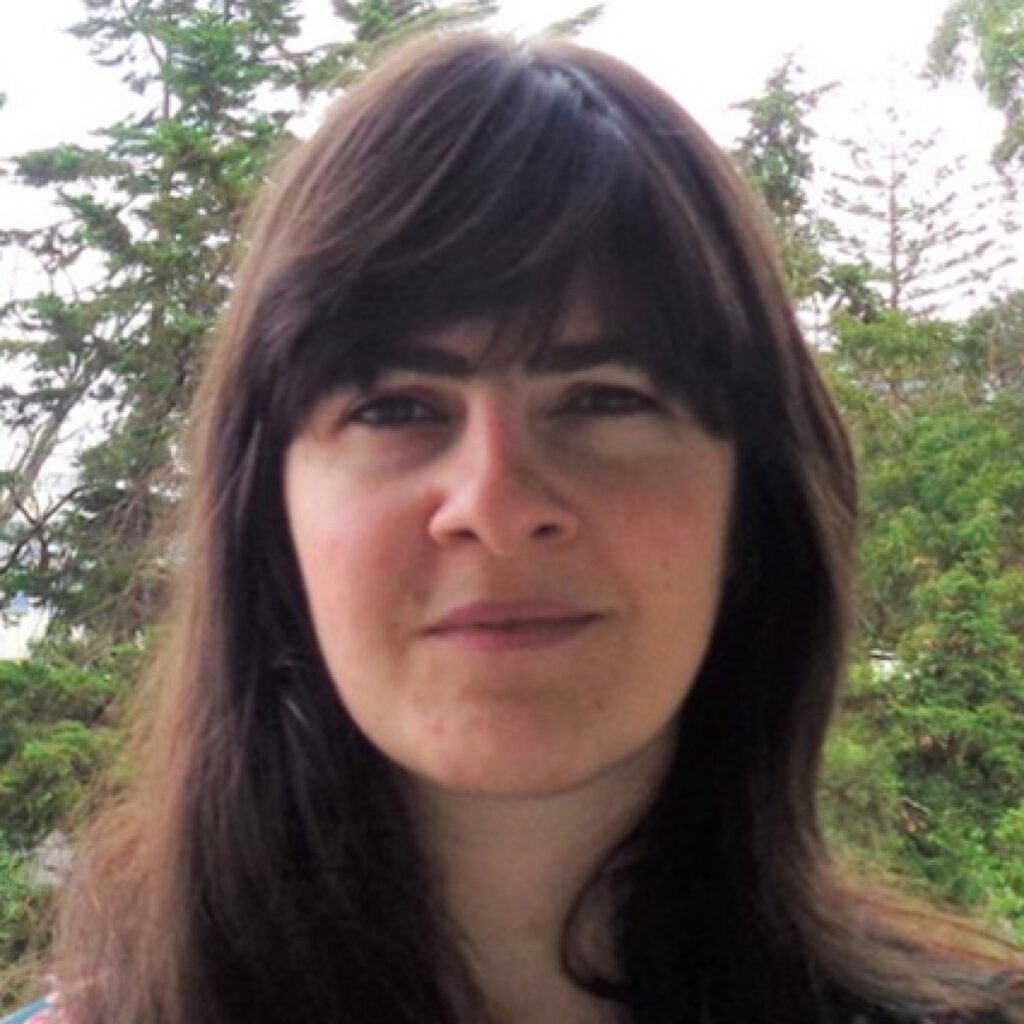
Rita F. T. Pires has a PhD in Marine Sciences by the University of Lisbon (2022) and a master degree in Marine Biology (specialization in Marine Ecology and Conservation) by the University of Algarve (2010). Since 2011, as a research assistant at the Portuguese Institute for Sea and Atmosphere, she has been working on ecology and taxonomy of marine zooplankton. She specialized in the identification of decapod crustacean and fish larvae, and jellyfish. Since 2016, she also collaborates on the Portuguese citizen science program GelAvista, for the monitoring of jellyfish. Her research interests also include biological oceanography, larval dispersal and connectivity processes, biophysical modelling and scientific dissemination. In her PhD, she focused on biophysical modelling studies for decapod larvae for the northeastern Atlantic – western Mediterranean area.

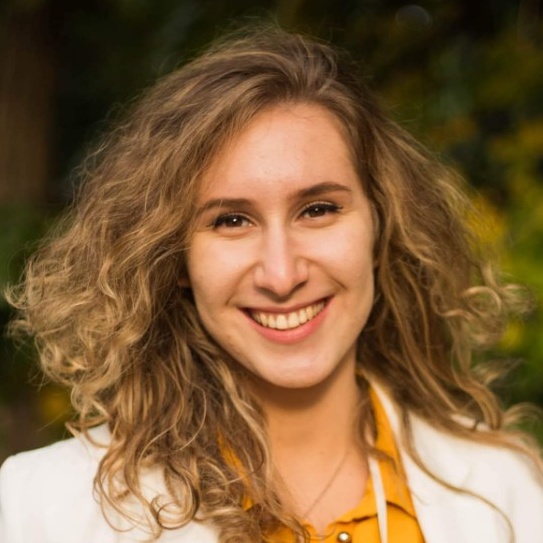
Tea graduated as Bachelor of Biology – Microbiology at the Faculty of Natural Sciences and Mathematics, University of Sarajevo. Currently, she is doing a Master’s degree in Biodiversity, Genetics and Evolution at the Faculty of Sciences, University of Porto. Her master’s thesis aims to: i) characterise the parasite community of West African crocodile (Crocodylus suchus) and Guinea baboon (Papio papio) along an aridity gradient; ii) analyse environmental drivers of parasite diversity and turnover; iii) predict potential shifts in parasite diversity distribution in these species. Her interests are biodiversity conservation, evolutionary biology, microbiology, genetics, biogeography, herpetology, and marine biology.
Gomes‐dos‐Santos, A., Froufe, E., Pfeiffer, J. M., Johnson, N. A., Smith, C. H., Machado, A. M., ... & Lopes Lima, M.
2023Molecular Ecology Resources.Barros-García, D., Comesaña, Á. S., Bañón, R., Baldó, F., Arronte, J. C., Froufe, E., & De Carlos, A.
2022Mar Biol 169, 131.Carreton, M., Dos Santos, A., De Sousa, L.F. Rotllant, G., Company, J.B.
2020Scientific Reports 10, 11178Lopes-Lima, M., Hattori, A., Kondo, T., Lee, J. H., Kim, S. K., Shirai, A., ... & Froufe, E.
2020Molecular Phylogenetics and Evolution, 146, 106755.Secci-Petretto, G., Englmaier, G. K., Weiss, S. J., Antonov, A., Persat, H., Denys, G. P., ... & Froufe, E.
2023Molecular Phylogenetics and Evolution, 178, 107654da Silva, J. P., Goncalves, D. V., Garcia‐Raventós, A., Lopes‐Lima, M., Varandas, S., Froufe, E., Teixeira, A., Hui, F. K.C., Filipe, A. F., Sousa. R.
2023Journal of Biogeography 50, no. 4: 730-742Gomes-dos-Santos, A., Lopes-Lima, M., Machado, M. A., Teixeira, A., C. Castro, L. F., & Froufe, E.
2023Scientific Data, 10(1), 340.Website by: Glitz Design